Why nature reporting is gaining significance for companies

Until the mid-2010s, few companies reported on on their nature-related impacts. However, nature reporting has gained significant traction in the past few years as businesses recognize the financial, operational and reputational risks associated with nature loss and a lack of data monitoring.
As the conversation surrounding sustainability advances, companies are increasingly expected to disclose their dependencies and impacts on nature, integrating biodiversity and ecosystem considerations into their reporting frameworks.
Key players in nature reporting and when to use them
Several major initiatives have emerged to guide businesses in reporting and managing nature-related risks and opportunities. Each serves a distinct purpose, and complements the other in supporting corporate sustainability efforts:
- Taskforce on Nature-related Financial Disclosures (TNFD): TNFD is the most comprehensive nature disclosure framework, providing companies with structured guidance on assessing and reporting nature-related risks and dependencies. As of 18 February 2025, the TNFD released a major update to its Knowledge Hub, offering training videos, case studies and resources to help businesses make the case for disclosure and better understand their impacts.
- Natural Capital Protocol (Capitals Coalition): The Capitals Coalition is a framework for businesses to measure and value their impacts and dependencies on natural capital. This is particularly useful for organizations looking to integrate nature-related considerations into decision-making processes.
- Global Reporting Initiative (GRI): The GRI is a well-established sustainability reporting framework that includes specific disclosures on biodiversity and ecosystem impacts. The UN Global Compact references GRI in its Communication on Progress (CoP), making it a key tool for participants.
- Science-Based Targets for Nature (SBTN): Unlike the aforementioned frameworks, the SBTN provides a methodology for setting measurable, science-based targets to align corporate actions with planetary boundaries. Kering, Holcim and GSK were the first companies to declare SBTNs, demonstrating corporate leadership in this space.
The UN Global Compact collaborates with all of these organizations, helping businesses integrate nature into their sustainability strategies.
The business case for nature reporting
As nature-related risks become more material to investors, regulators and consumers, a paradigm shift presents itself; reporting on nature is no longer just a voluntary exercise—it is a strategic advantage. Companies that engage in nature-related disclosures benefit from:
- Risk reduction & future-proofing: Identifying and mitigating environmental risks can help companies avoid financial and operational disruptions.
- Competitive advantage: Proactive disclosure and sustainability leadership can enhance brand reputation and stakeholder trust.
- Supply chain resilience: Understanding dependencies on natural resources can help businesses secure long-term access to raw materials and reduce vulnerability to supply chain disruptions.
- Increased innovation: Investing in nature-positive solutions can drive new product development and business model transformation.
- Access to new markets: Sustainable practices can open doors to emerging markets with growing regulatory and consumer demand for responsible business practices.
To further support companies on their nature disclosure journey, the UN Global Compact will host two Academy sessions in June 2025—one focused on the Taskforce on Nature-related Financial Disclosures and another on Science-Based Targets for Nature. These sessions will provide businesses with practical insights on integrating nature considerations into their reporting and strategy.
As the private sector accelerates its efforts to align with global sustainability goals, nature reporting will continue to be a critical component of corporate accountability. The companies leading the way today are setting the standard for a more sustainable and nature-positive economy.
The Communication on Progress (CoP) is the key accountability mechanism of the UN Global Compact and helps participating companies track and disclose their sustainability efforts in alignment with the Ten Principles and the Sustainable Development Goals (SDGs). The CoP includes reporting on environmental topics, specifically those directly related to nature and biodiversity, ensuring that businesses assess and communicate their impact on ecosystems, natural resources and climate resilience. Given this focus, referencing the CoP reinforces the importance of corporate transparency and action in safeguarding biodiversity and advancing nature-positive solutions.







